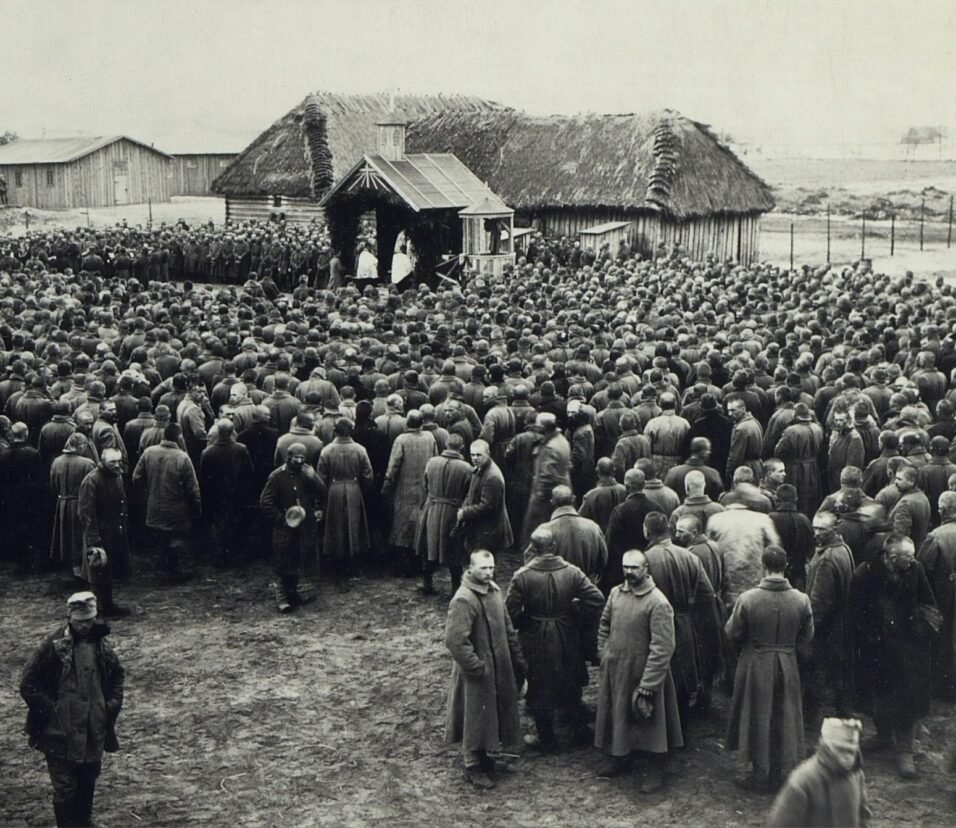The Watergate Scandal
Introduction:
The Watergate Scandal remains one of the most significant political controversies in U.S. history. What began as a break-in at the Democratic National Committee headquarters evolved into a web of deceit, corruption, and power abuse that shook the very foundation of American democracy.
The Break-in: How it All Began
On June 17, 1972, five men were arrested for breaking into the Democratic National Committee headquarters at the Watergate office complex in Washington, D.C. Initially perceived as a minor event, investigations soon revealed that it was just the tip of the iceberg.
The Cover-Up and Nixon’s Involvement
- Hush Money: It was discovered that money was offered to the burglars to keep them silent, raising questions about who was behind the payments.
- The Nixon Tapes: Covert audio recordings from the Oval Office, known as the Nixon Tapes, became central evidence. These tapes revealed discussions about the break-in and an attempt to cover it up.
The Role of the Media
Two young reporters from The Washington Post, Bob Woodward and Carl Bernstein, played a significant role in uncovering the truth. Their investigative journalism, assisted by a secret informant called “Deep Throat” (later revealed as FBI Associate Director Mark Felt), connected the break-in to a larger web of espionage and sabotage against perceived enemies of the Nixon administration.
The Resignations and Firings
- Saturday Night Massacre (October 20, 1973): Nixon ordered the firing of Special Prosecutor Archibald Cox. This led to the resignations of Attorney General Elliot Richardson and Deputy Attorney General William Ruckelshaus.
- Key Resignations: As investigations intensified, several key Nixon aides and officials resigned, including Chief of Staff H.R. Haldeman, domestic affairs adviser John Ehrlichman, and Attorney General Richard Kleindienst.
Impeachment Proceedings
Facing mounting evidence, the House Judiciary Committee approved three articles of impeachment against Nixon: obstruction of justice, abuse of power, and contempt of Congress. However, before the House could vote on the impeachment, a new turn of events occurred.
Nixon’s Resignation and Legacy
On August 8, 1974, in a televised address, Richard Nixon became the first U.S. president to resign from office. He stated, “I hope that my successor can restore the people’s faith in the presidency.” Vice President Gerald Ford was sworn in as the 38th President of the U.S. and controversially pardoned Nixon a month later.
The aftermath of Watergate left a long-standing impact on American politics:
- Trust in Government: Public trust in the U.S. government reached a historic low, leading to skepticism about the integrity of political leaders.
- Legislation: Congress enacted several reforms, including the Ethics in Government Act and the Foreign Intelligence Surveillance Act, aiming to increase transparency and reduce the chances of such abuses of power in the future.
The Legacy of Watergate in Modern Politics
The Watergate Scandal remains a reference point in
politics. It’s frequently cited as a warning of the dangers of unchecked power and the need for vigilance in holding leaders accountable. The suffix “-gate” has since been used to coin terms for various political scandals, signifying its lasting impact on the political vernacular.
Unearthing a Web of Deceit
The Watergate incident was not just an isolated event but rather a symptom of a deeper culture of surveillance and political warfare:
- COINTELPRO: The FBI’s program aimed at surveilling and discrediting civil rights activists, providing a backdrop of government surveillance during this period.
- The “Plumbers”: Established after the leak of the Pentagon Papers in 1971, this covert group was tasked with stopping leaks and gathering intelligence on Nixon’s political enemies. They played a central role in the Watergate break-in.
The Key Players and Their Fate
Several individuals involved in the Watergate Scandal faced severe consequences:
- G. Gordon Liddy and E. Howard Hunt: Both former CIA operatives, masterminded the break-in and were convicted of burglary, conspiracy, and wiretapping.
- John Mitchell: The former U.S. Attorney General was convicted of conspiracy, obstruction of justice, and perjury related to the scandal.
- Charles Colson: Nixon’s special counsel pleaded guilty to obstruction of justice and became a significant Christian evangelist post-prison.
The Watergate Trials
Between January and April 1973, the burglars, along with Liddy and Hunt, faced trial and were convicted. The testimonies during these trials hinted at a broader conspiracy and cover-up, which fueled further investigations.
Cultural Impact of Watergate
- Film and Literature: The Watergate scandal inspired a plethora of books and films. “All the President’s Men,” a book by Woodward and Bernstein, and its subsequent film adaptation, showcased the power of investigative journalism.
- Changes in Journalism: The role of investigative journalism was redefined, with more emphasis on holding those in power accountable.
Political Repercussions
Beyond Nixon’s resignation, the Watergate Scandal led to comprehensive changes in political campaigning and practices:
- Campaign Finance Reforms: The 1974 amendments to the Federal Election Campaign Act established stricter regulations on campaign contributions and introduced public financing for presidential campaigns.
- Presidential Records Act (1978): This act mandated the public ownership of all presidential and vice-presidential records, ensuring transparency in the future.
Conclusion:
The Watergate Scandal serves as a somber reminder of the potential consequences of the abuse of power in high office. Its profound impact on American political culture, emphasizing the importance of checks and balances, free press, and the rule of law, ensures its continued relevance in discussions about democracy and governance.







